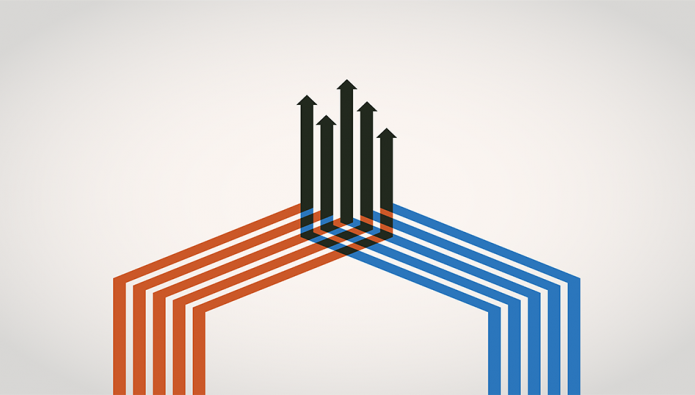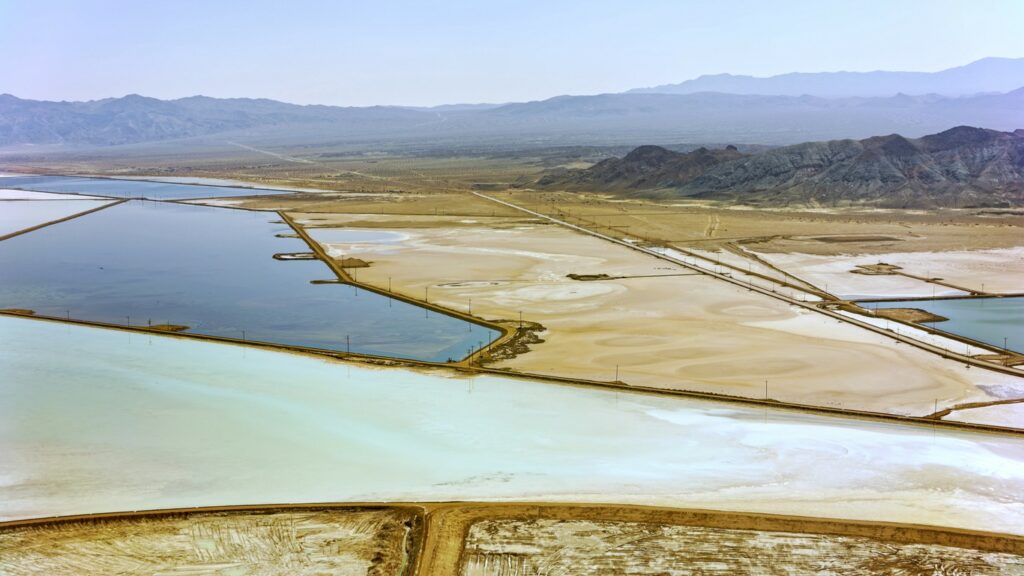By John Belizaire, CEO
The blockchain is a revolutionary development in distributed computing.
It is primed to revolutionize the full spectrum of industries across the globe.
Blockchain offers an avenue to transform financial services, change the concept of money, deliver a corruption-free solution to property records, securely digitize medical records, enable anyone to own their digital identity and its related data, and know any products’ supply chain from the creation to consumption. All this will happen without the need for a single central authority.
These innovations are still in the development stages, and the genesis of this new frontier is one “killer application.”
Bitcoin
This digital form of money and the legion other cryptocurrencies it has spawned are changing the world.
Bitcoin has single-handedly created a new global ecosystem and has drawn the new generation of technologists to develop projects shaping the future of a “decentralized internet.”
And for the first time, it has generated a significant amount of wealth not tied to a centralized currency like the US dollar.
This “internet of money” has also created a new significant challenge…
A global, unquenchable thirst for energy
Today, the global energy demand from the Bitcoin network alone tops 57 terawatt-hours per year. That’s about 10% of the consumption of the People’s Republic of China (5,920 TWh/year). If Bitcoin were a country, it would be the 41st largest energy consumer, just behind Switzerland. And that’s just counting Bitcoin! There are thousands of other cryptocurrencies that consume massive amounts of energy, with more being released every day.
This massive demand is a result of cryptocurrency’s elegant approach to securing and validating transactions on their network. It combines cryptography and internet technologies to create a system where trust is irrelevant (and assumed not to exist). Nodes on the network reach consensus through an elaborate series of computer puzzles, like lotteries almost, that result in the “minting” of new digital coins. This process, called mining, is now a global enterprise that grows as the value of Bitcoin increases.
Several countries, including China, Canada, and the United States, have now faced a reversal of their energy surpluses. Moratoriums are now in effect to help these authorities balance the needs of mining companies and their population. Mining companies’ profits are tied, among other things, to a need for large quantities of cheap power, and it strains the regions where significant mining projects set up operations.
Further, cryptocurrency mining’s appetite for power has resulted in a resurgence in the use of dirty energy, such as coal. This has had a detrimental effect on the earth and its resources.
On the other side of the same coin, it has also increased the demand for cheap renewable energy.
Countries with sources of renewable energy are finding themselves burdened with a need that can’t be satiated. Many have no choice but to turn firms away or raise prices for this precise application — a mining tax.
There is a better solution
What if it were possible to combine renewable energy and advanced computing in an integrated fashion? What if this could be made profitable? What if it were flexible? What if it could serve as the model for future blockchain infrastructure? What if this approach could serve as the foundation for the future decentralized internet (or Web3.0)?
Soluna aims to create the world’s first utility-scale blockchain infrastructure company powered by its own private renewable energy sources. By developing proprietary power plants and combining them with high-density computing facilities, Soluna would bring a unique innovation to the blockchain ecosystem — vertical integration.
The company’s blockchain computing operations would be unlike any other in the world: self-contained, predictable, modular, scalable, and flexible. With this approach, Soluna aspires to be the blockchain infrastructure company of the future.
A vertically-integrated blockchain computing company could serve as the backbone of a new decentralized internet. Not only is this powerful use of renewable energy profitable for blockchain mining operations, but it provides lasting and significant benefits to the Earth as a whole. This type of technological integration could serve as a powerful example of what could be possible for the future of energy use in computing.
We are excited to get started on this project, and to work with the blockchain community to bring it to life!




